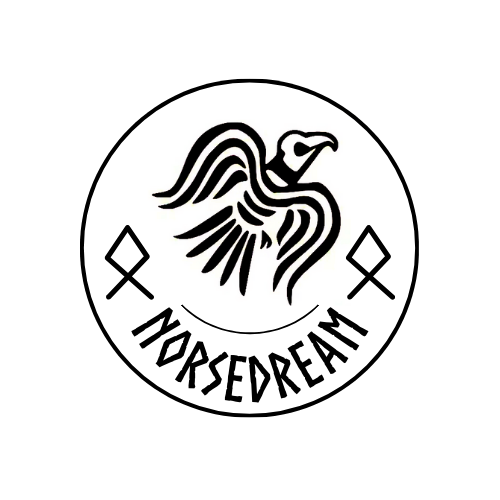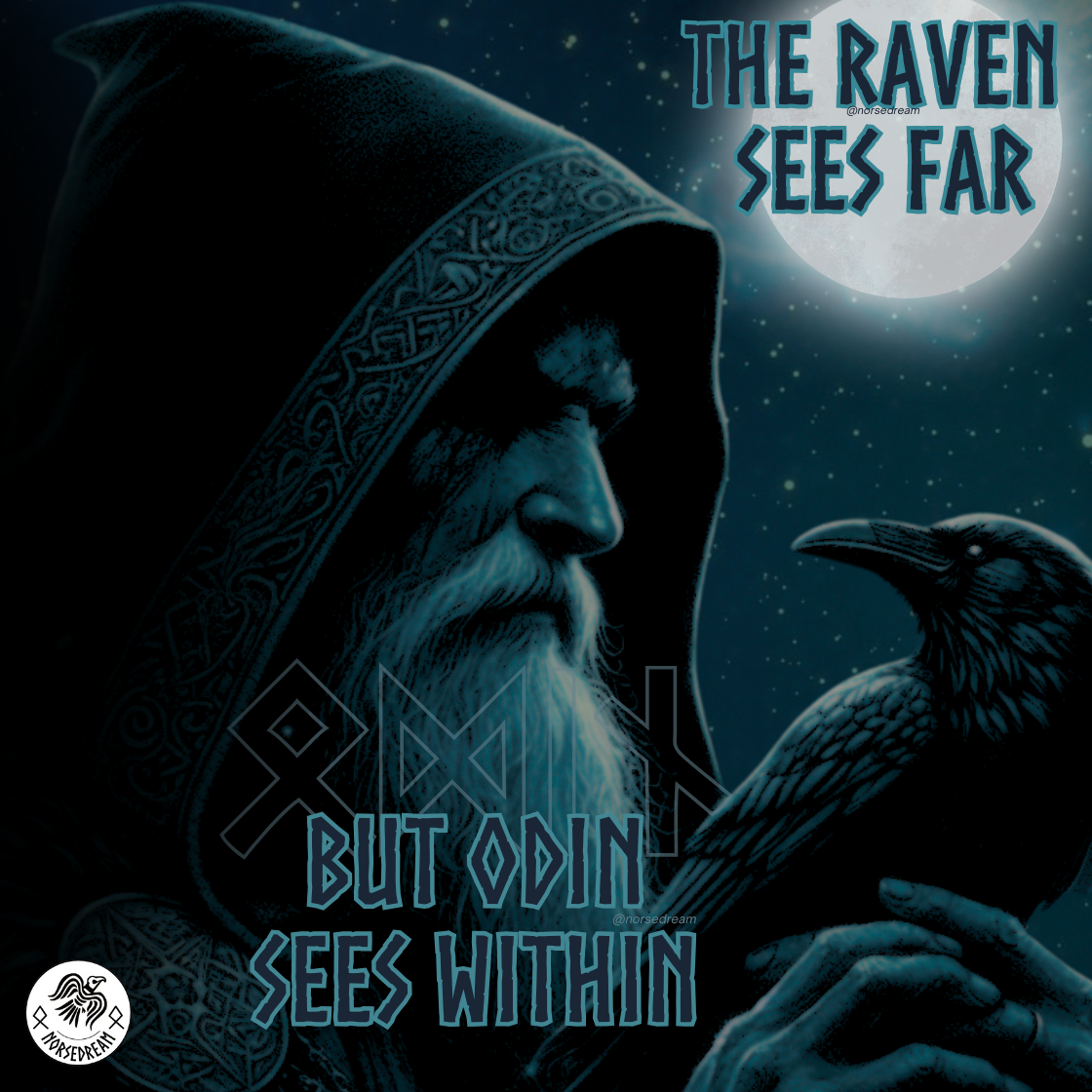Odin, known as the Allfather, is one of the most prominent and complex gods in Norse mythology. As the ruler of Asgard and the leader of the Aesir gods, Odin embodies wisdom, war, poetry, and the pursuit of knowledge. His character is both awe-inspiring and enigmatic, reflecting the intricate and multifaceted nature of the Norse worldview.
Odin’s Roles and Associations
Odin’s roles in Norse mythology are vast and varied, making him one of the most revered deities. Some of his key associations include:
- Wisdom and Knowledge: Odin is often depicted as a relentless seeker of knowledge. He sacrificed one of his eyes to drink from Mímir’s well, gaining profound wisdom. He also hung himself on Yggdrasil, the World Tree, for nine nights to learn the secrets of the runes.
- War and Death: Odin is a god of war, known for his strategic mind and favoring those who show bravery in battle. Warriors who die heroically are welcomed into Valhalla, his hall, where they prepare for the final battle of Ragnarök.
- Poetry and Magic: Odin is the patron of poets and a master of seidr, a form of Norse magic. His connection to creativity and the mystical arts highlights his duality as both a warrior and a scholar.
Symbols and Sacred Animals
Odin is often associated with powerful symbols and animals that emphasize his divine nature:
- Sleipnir: His eight-legged horse, capable of traveling between the realms.
- Huginn and Muninn: His two ravens, representing thought and memory, who fly across the world and bring back information.
- Gungnir: His magical spear that never misses its mark.
Odin in Mythology
Odin appears in numerous myths that illustrate his character and influence:
- The Creation of the World: Alongside his brothers Vili and Vé, Odin helped slay the primordial giant Ymir and used his body to create the world.
- The Mead of Poetry: Odin’s cunning and determination led him to steal the Mead of Poetry, granting the gift of poetic inspiration to humanity.
- Ragnarök: In the prophesied end of the world, Odin leads the gods against the giants in a final, fateful battle.
The Legacy of Odin
Odin’s legacy extends far beyond the Viking Age. His name lives on in modern language (e.g., Wednesday, derived from “Odin’s Day”), and his archetype as the wise yet mysterious wanderer continues to inspire literature, art, and popular culture.
Odin represents the unyielding quest for knowledge, the courage to face destiny, and the balance between creation and destruction. Through his stories, we are reminded of the power of sacrifice, the importance of wisdom, and the inevitability of change.


